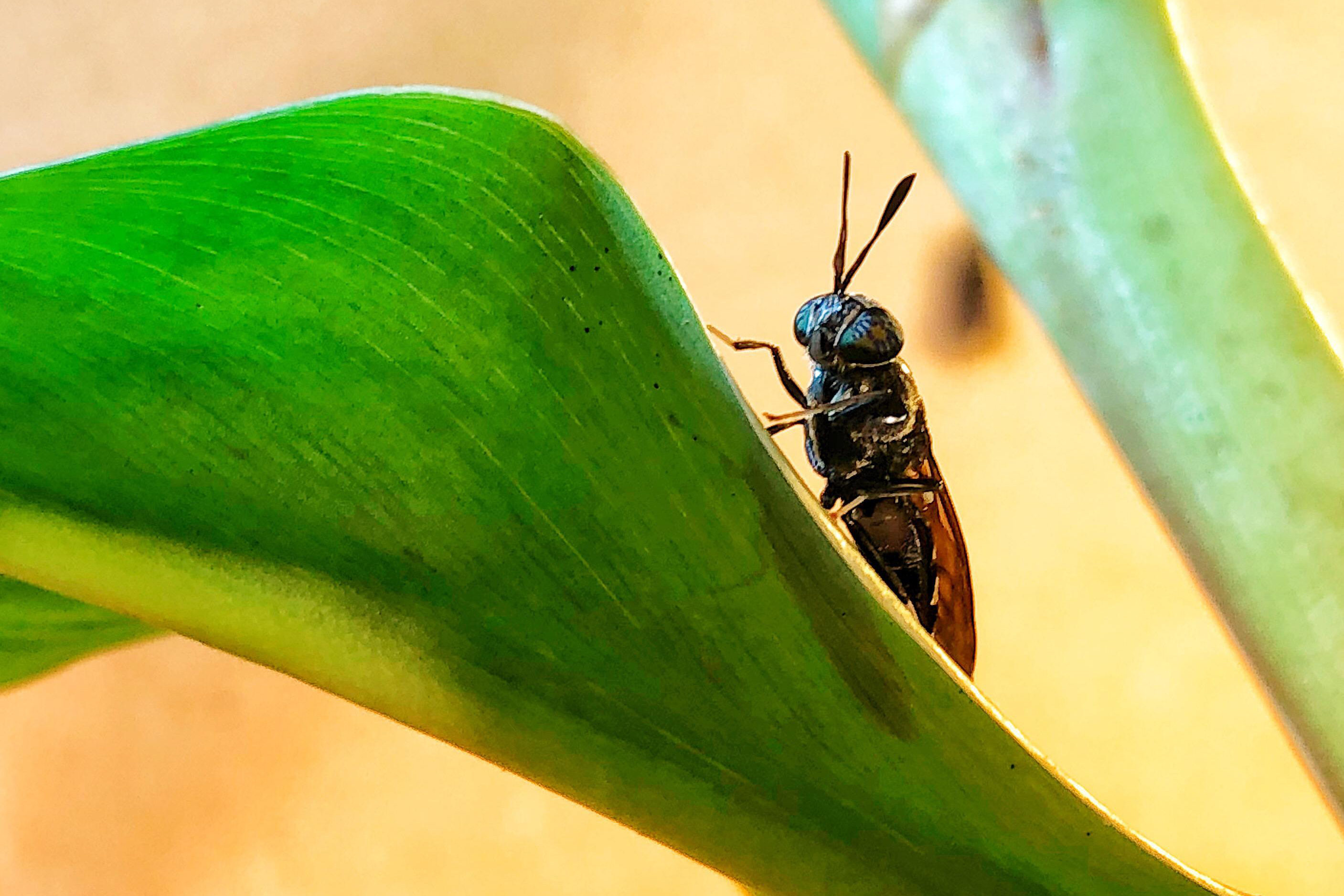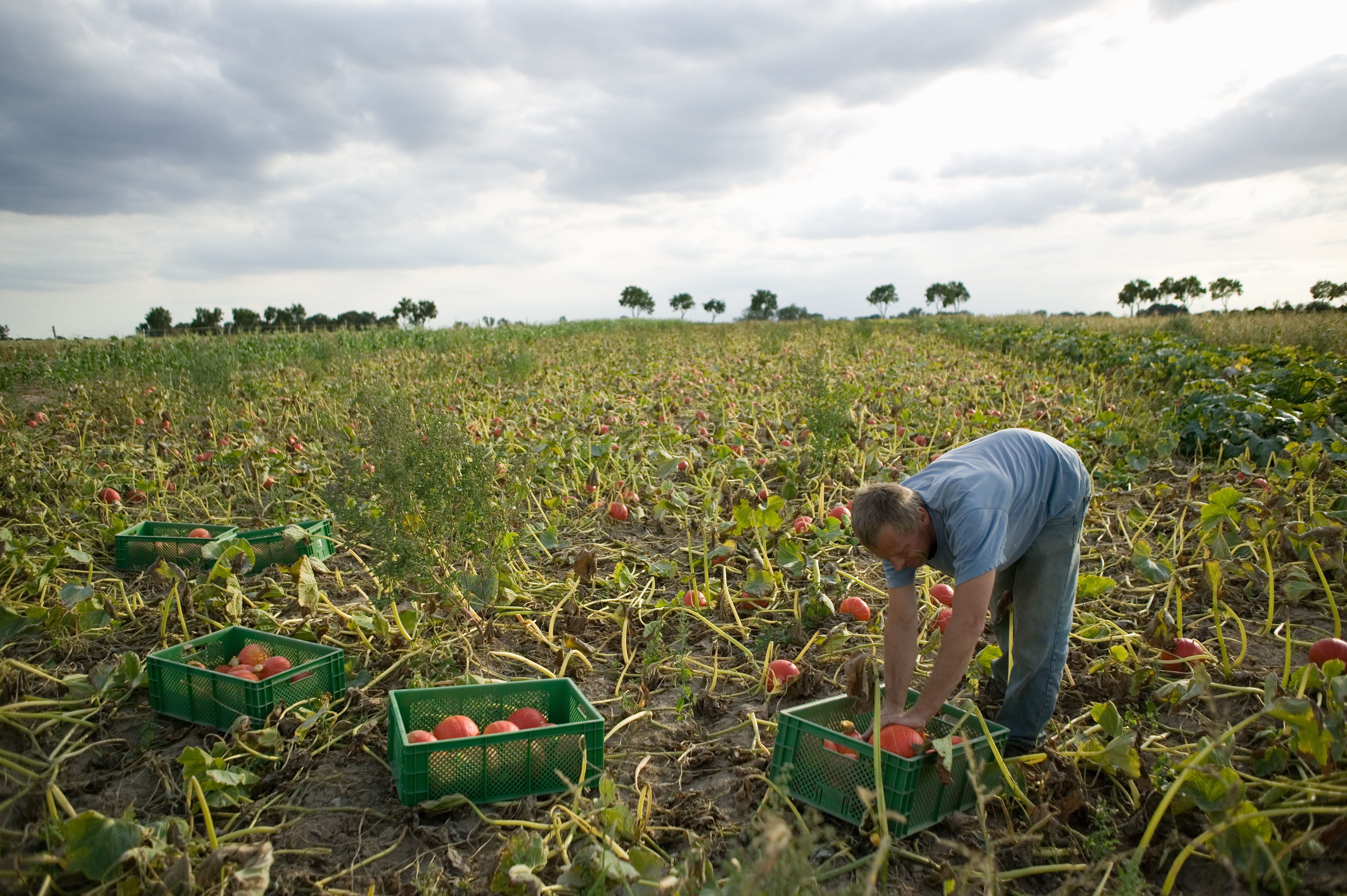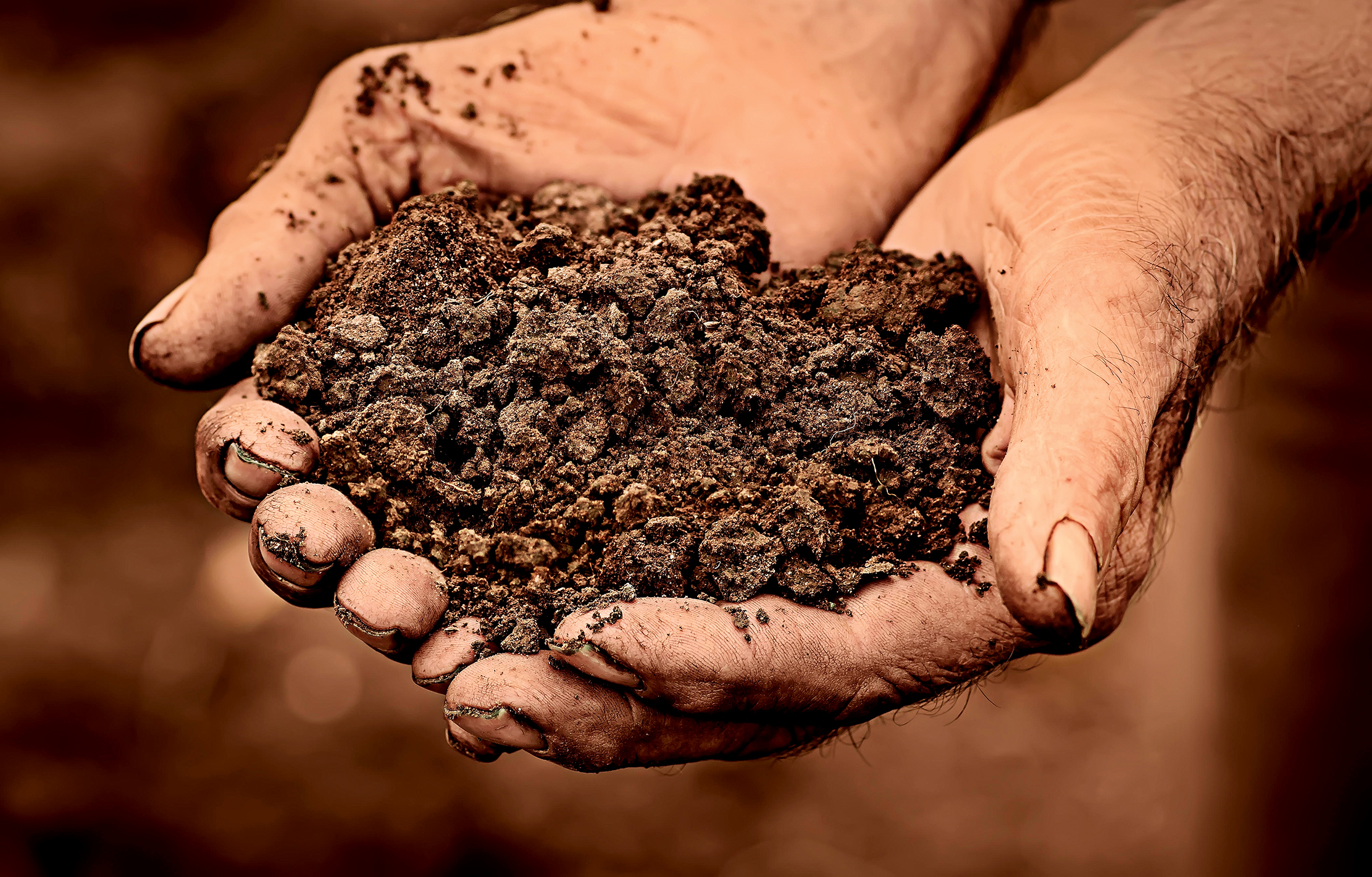Why the black soldier fly could save the planet
The larvae of this miracle insect, which are great at converting organic waste into protein, can help us lower carbon emissions and replace environmentally damaging animal feed.


Exquisite houses, the beauty of Nature, and how to get the most from your life, straight to your inbox.
You are now subscribed
Your newsletter sign-up was successful
A super-fly currently being farmed in a pilot London lab could hold the key to a more sustainable future.
Labelled ‘nature’s perfect upcycling machine,’ the black soldier fly has the potential to become a source of high-quality protein meals while helping us get rid of waste.
This fast-growing insect is harmless, does not spread diseases and its larvae, in particular, are masters of bioconversion. They eat vast quantities of organic waste, from food scraps to algae, and, as they gain up to 5,000 times their own body weight in two weeks, they convert all that refuse into useful protein — while reducing the emissions that would have been generated through composting (the fly’s own carbon footprint is minimal).
Using sophisticated technology, black soldier flies can now be farmed to a large scale. The nutrient-rich larvae are edible and some people, such as American ‘bug chef’ David George Gordon, an early adopter who was already eating black soldier flies in 2015, believe that they can substitute high-impact meat as a source of protein.
However, their more immediate use is as an excellent replacement for eco-unfriendly animal feeds — generally ground into powder, they are suitable for poultry, pigs and farmed fish. For example, insect farming company Entocycle, which has a pilot plant in London, points out that using black fly soldiers instead of soya would reduce deforestation.
‘An area almost three times the size of Germany is dedicated to soy production, with 80% of the soy produced used to feed cattle, pigs, chickens and even (farmed) fish,’ they write on their website.
By contrast, a single tray in the company’s nursery contains about 500,000 eggs. ‘Insect protein is a sustainable alternative to soy or fishmeal which are both having catastrophic effects on biodiversity and the health of our planet.’
Exquisite houses, the beauty of Nature, and how to get the most from your life, straight to your inbox.
Or, as Entocyle’s CEO Kieran Whitaker succinctly put it when speaking at the Fast Forward 2030 Life on Land conference earlier this year, ‘We have a protein problem. Insects could be the solution.’

Credit: Alamy Stock Photo
'There is real potential here... things we are already doing' — IPCC gets positive about climate change in latest report

Credit: Alamy Stock Photo
How farming can change to feed us all while saving the planet — and no, you absolutely won't have to become vegan
Organic farmer Patrick Holden is an early adopter of mixed farming systems, where livestock and crops work together hand-in-hand. He
Carla must be the only Italian that finds the English weather more congenial than her native country’s sunshine. An antique herself, she became Country Life’s Arts & Antiques editor in 2023 having previously covered, as a freelance journalist, heritage, conservation, history and property stories, for which she won a couple of awards. Her musical taste has never evolved past Puccini and she spends most of her time immersed in any century before the 20th.
